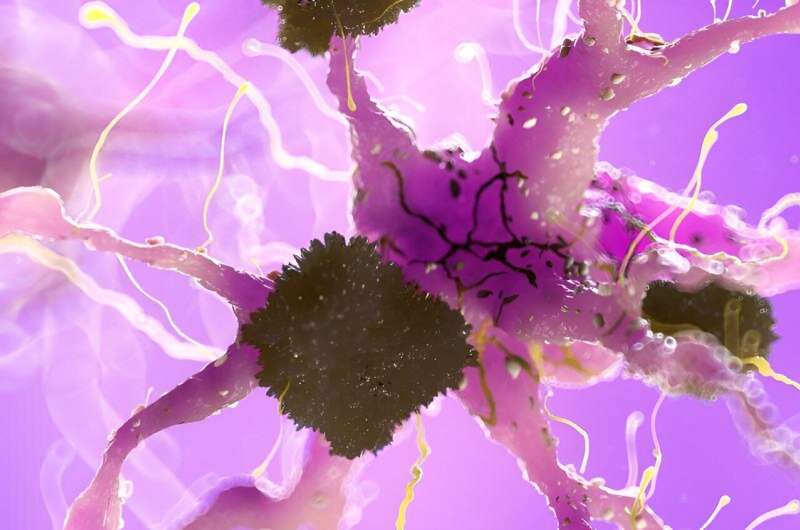
The therapy—developed at the University of Nebraska Medical Center (UNMC)—relies on both the immune system to fight key aspects of Alzheimer’s, plus modified cells that zero in on the brain protein plaques that are a hallmark of the disease.
In patients with Alzheimer’s, amyloid-beta protein forms plaques that prevent nerve cells from signaling each other. One theory is that this might cause irreversible memory loss and behavior changes characteristic of Alzheimer’s disease.
The new study was recently published in the journal Molecular Neurodegeneration. Researchers used genetically modified immune-controlling cells called Tregs to target amyloid-beta.
When the UNMC te...
Read More









Recent Comments